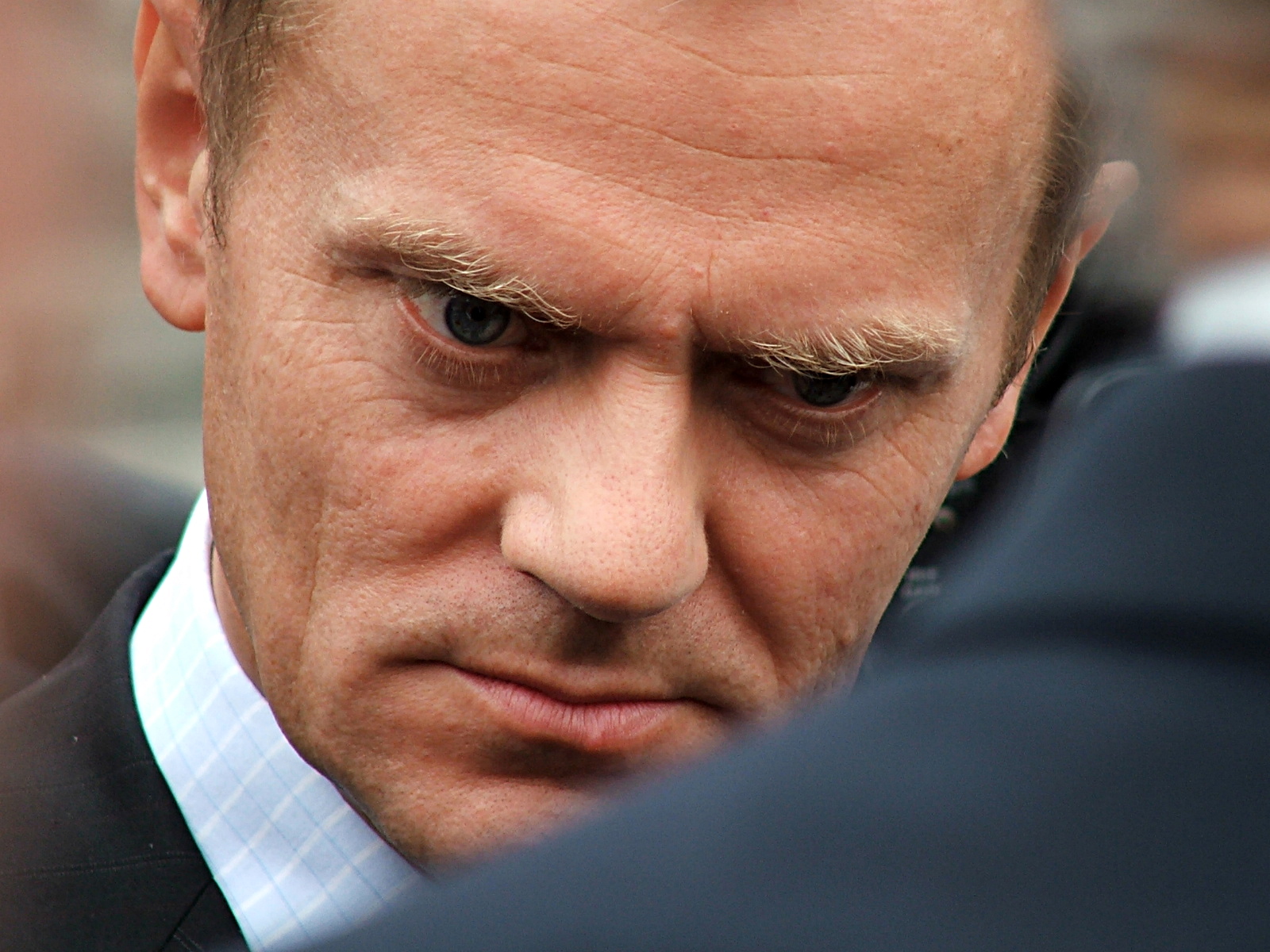All the disagreements in the Visegrad Group on Ukraine and Russia

Infrastructure, people-to-people cooperation and support for Ukraine are the topics officially on the agenda of the Visegrad Group. Facts and insights
Who knows if the timid attempts at thaw within what remains of the Visegrad Group (V4) will be able to cover the enormous differences between the four member countries, which brought the organization to the brink of collapse. After several meetings announced and then postponed, today the four foreign ministers of Poland, the Czech Republic, Hungary and Slovakia will finally meet in Prague (the Czech Republic holds the rotating presidency of Visegrad), divided on many things, starting with the position about Russia.
This is the mother of all divisions, which drags with it, almost in a chain, many others. Warsaw and Prague have been among the biggest supporters of Ukraine from the beginning (although Polish solidarity is ready to falter when we move from bullets to grain): a firm position, which has survived changes in government and which constitutes the very essence of the security policies of the two countries. Budapest and Bratislava, on the contrary, have withdrawn from solidarity with Kiev albeit with different degrees and do not give up channels (not just dialogue) with Moscow. And if Viktor Orban immediately played the role of killjoy in the allied assembly (EU and NATO), Slovakia changed course with the electoral victory of the left-wing populist Robert Fico.
Recently, Slovak Foreign Minister Juraj Blanar held talks with his Russian counterpart Sergei Lavrov on the sidelines of a diplomatic forum in Turkey. Slovak Prime Minister Fico, who has opposed sending state military aid to Ukraine, said the meeting was an example of Slovakia's balanced and sovereign foreign policy. Even clearer was the attitude of Hungary, which on several occasions blocked EU sanctions against Moscow and opened more than a few controversial fronts with Ukrainian president Volodymyr Zelensky. Orban was also the only European leader to meet Vladimir Putin and the Hungarian Foreign Minister also recently shook hands with his Russian counterpart. And both countries have criticized Brussels for financing arms supplies to Ukraine and thus incentivizing and prolonging the war instead of working to seek peace solutions.
“I admit that we have not found a common position that the Visegrad Group could promote together for a long time, but this does not mean that we should not meet,” said Czech Foreign Minister Jan Lipavsky, “it is our task to know how to speak diplomatically, not to push situations to the extreme, but look for the lowest possible common denominator”.
WHAT THE VISEGRAD GROUP WILL TALK ABOUT
Infrastructure, people-to-people cooperation and support for Ukraine are the topics officially on the agenda. In theory the point of real friction is the last one, but it is undeniable that the shadow of division on an issue that is of strategic importance for at least two of the four governments is also being projected onto other issues. For example, there is a commonality of energy needs, but the differences in foreign policy also shape different – if not opposing – strategies in the search for new supply balances.
Nonetheless, the Czech Presidency is convinced that ties between the Visegrad countries must be maintained for further cooperation, especially as all four countries are members of NATO and the EU. But those who are pushing to resume the common thread are above all Fico, who fears the definitive collapse of the small Central European alliance. “The meeting of foreign ministers in Prague shows that V4 is a functioning group,” said a spokesperson for the Slovak Foreign Ministry, “it is true that different opinions remain on some issues, for example on the question of achieving peace in Ukraine, but from its first days the government led by Fico has emphasized the need to revitalize the Visegrad Group, which it considers a successful project."
But it is not certain that the meeting of diplomatic ministries will be able to find at least that desired minimum common denominator. In the meantime, in fact, bilateral relations between the Czech Republic and Slovakia have deteriorated, after the Czech government postponed joint intergovernmental negotiations. While on the contrary, two-way relations between the pro-Ukrainian Czech and Polish governments have strengthened, so much so that Lipavsky met separately with his Polish counterpart Radoslaw Sikorski the day before the meeting with the other V4 ministers.
HAS POLAND LOST INTEREST?
But those who are looking with ever less interest at Visegrad are precisely the largest and heaviest countries in the group, Poland , determined to play their security balance on the table of the Weimar triangle, on the axis of the great central European plain where, according to Donald Tusk (and his Foreign Minister Sikorski) today also resides at the strategic core of EU security. And if "more Weimar and less Visegrad" is the motto that resonates in Warsaw today, it will be difficult for the old V4 interest group to avoid the probable decline.
This is a machine translation from Italian language of a post published on Start Magazine at the URL https://www.startmag.it/mondo/gruppo-visegrad-v4-riunione/ on Thu, 21 Mar 2024 07:17:59 +0000.
